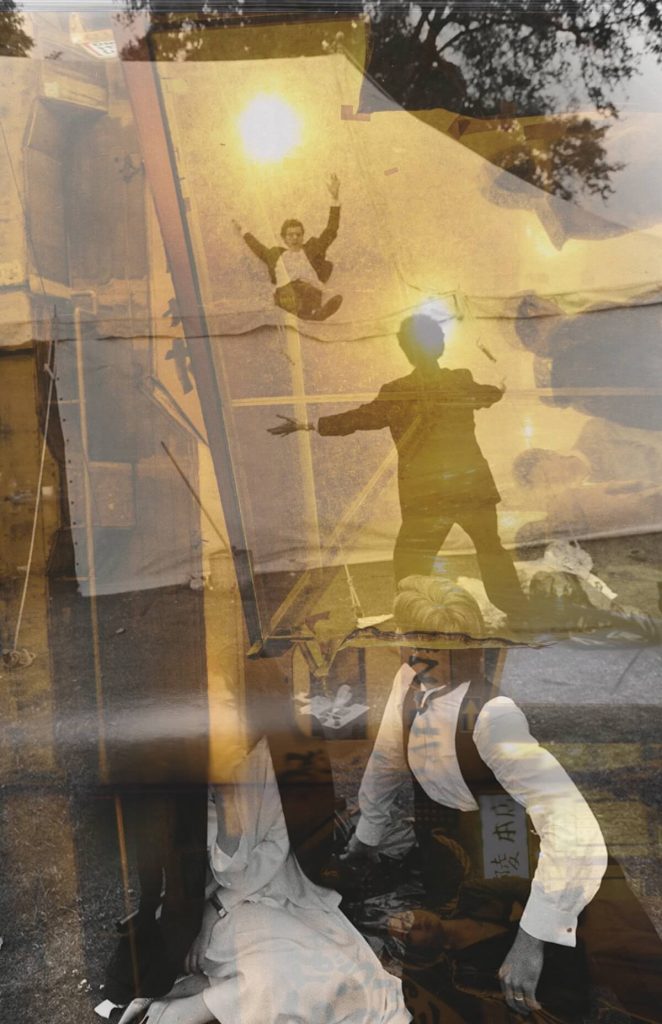Many Westerners have seen the break-up of the Eastern Bloc as the long-expected moment of reconnection with the countries of Central Europe. Formerly, in the interwar years, these states formed a crucial part of the order within the region.
Download full article:
MARTIN REGULI EU ACCESSION AND REVIVAL OF NATIONALISMS IN CEE
With the conclusion of USSR domination, there was a natural expectation that these countries would use this transition to make a quick transformation into democratic and economically free and open regimes that would reap the benefits in terms of economic and political liberalization.
The two regions where this expectation was the strongest were the Baltic region (which became part of the USSR as a result of the Second World War and thus had a reason to want to become Westernized), and Central and Eastern Europe (CEE) (which found itself at the border between the East and the West and comparatively could see their deterioration vis-à-vis the capitalist countries located just a few kilometers away).
The countries of the former Eastern Bloc managed to switch lanes from the early moves away from the nationalistic and extremist rhetoric, up until the European Union (EU) accession. At that point they opted for the Eurosceptic, nationalist, and extremist rhetoric since 2005, has strengthened through the years of the economic recession.
Multiple issues affected this transition and the four countries had their specific flavors of nationalism and extremism reflecting the past experiences with an “external enemy” (as was the mutual case of the Slovak and Hungarian nationalists) of the country and the presence of the Roma minority.
Over the past two decades there was at first, a positive honeymoon period between the EU and the CEE countries, and a sharp break with Western Europe with the growing resentment and the gradual divergence between the two political blocs.
This has resulted in the slow-down of the integration process in terms of the adoption of the Euro as a common currency, and later led to political animosity for the proposals of the EU. This can be illustrated by the lack of cooperation of the V4 countries with the EU during the migrant crisis.
While Slovakia has gone the farthest to show that it is a reliable partner for the EU, it still prefers to respect the unity of the V4 countries over the full support for the policies of its main economic partners.
With recent Russian military aggression, the information warfare deployed through Russian paid channels, as well as the economic integration needed to make the most to the Industry 4.0 revolution, the restarting of the convergence process may be crucial to save the future of the European project for the CEE region.
Early Promise Leading to the EU Accession
The years between 1989 to the early 2000s presented a very positive story for both of these regions. All of the countries within the bloc have put themselves on the clear path towards both membership of the European Union and the North Atlantic Treaty Organization.
However, this path was not without hurdles – especially in the case of Slovakia, which has suffered six years of control by the governments of authoritarian Vladimír Mečiar, who was finally ousted in 1998.
The final admission of the four Central European countries into the EU in May 2004 was supposed to be a recognition of the working protection of minority rights and stabilization of the democratic discourse in the newly re-established free societies.
The reasons for such optimism came from the fact that a part of the accession criteria was directly related to the protection of minorities under “the 1990 Copenhagen Document, the 1991 Geneva Report, and the 1995 Framework Convention for the Protection of National Minorities”1.
DOWNLOAD FULL ISSUE (PDF):
Single Page Spread
1 Tesser, L. M. (2003) “The Geopolitics of Tolerance: Minority Rights under EU Expansion in East-Central Europe”, [in]: East European Politics and Societies, Vol. 17, No. 3, pp. 483-532.



